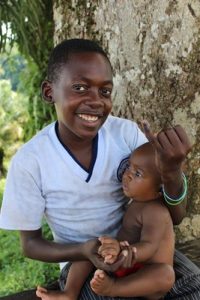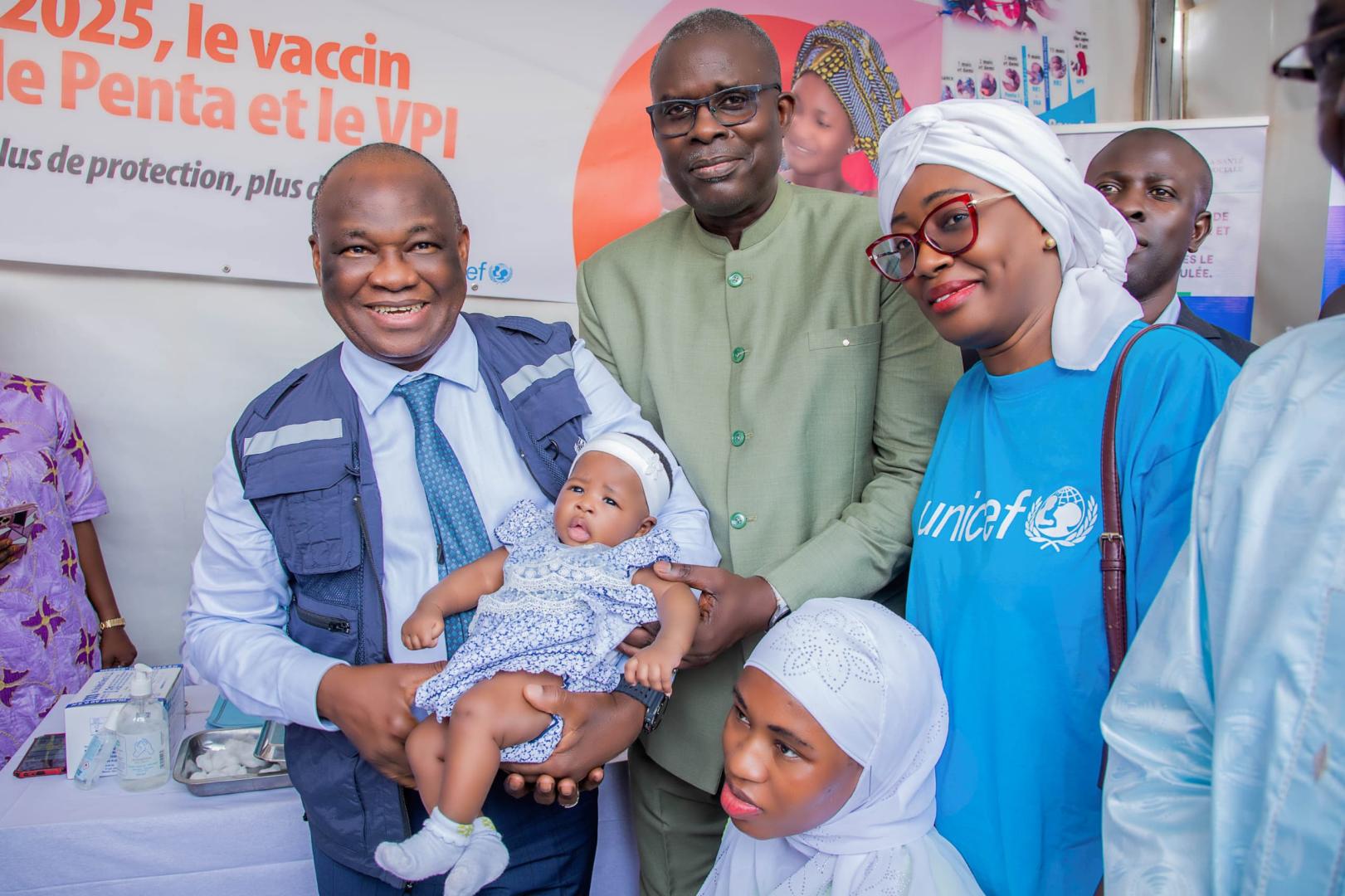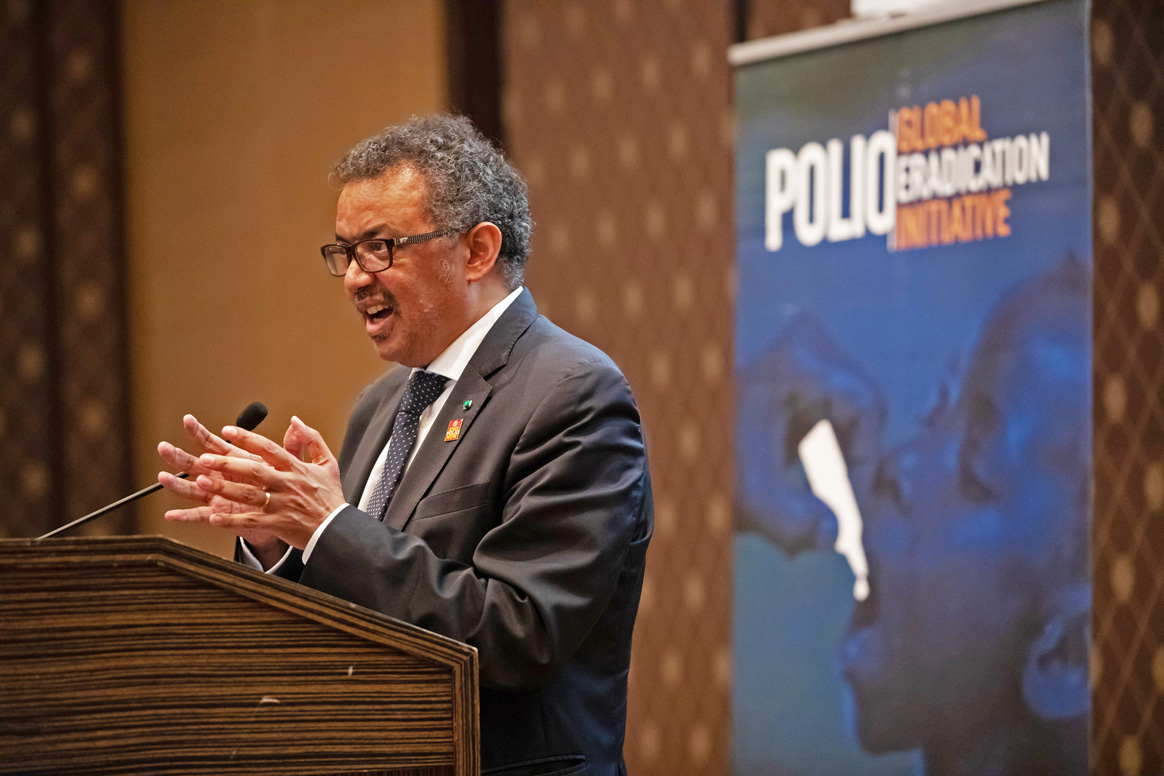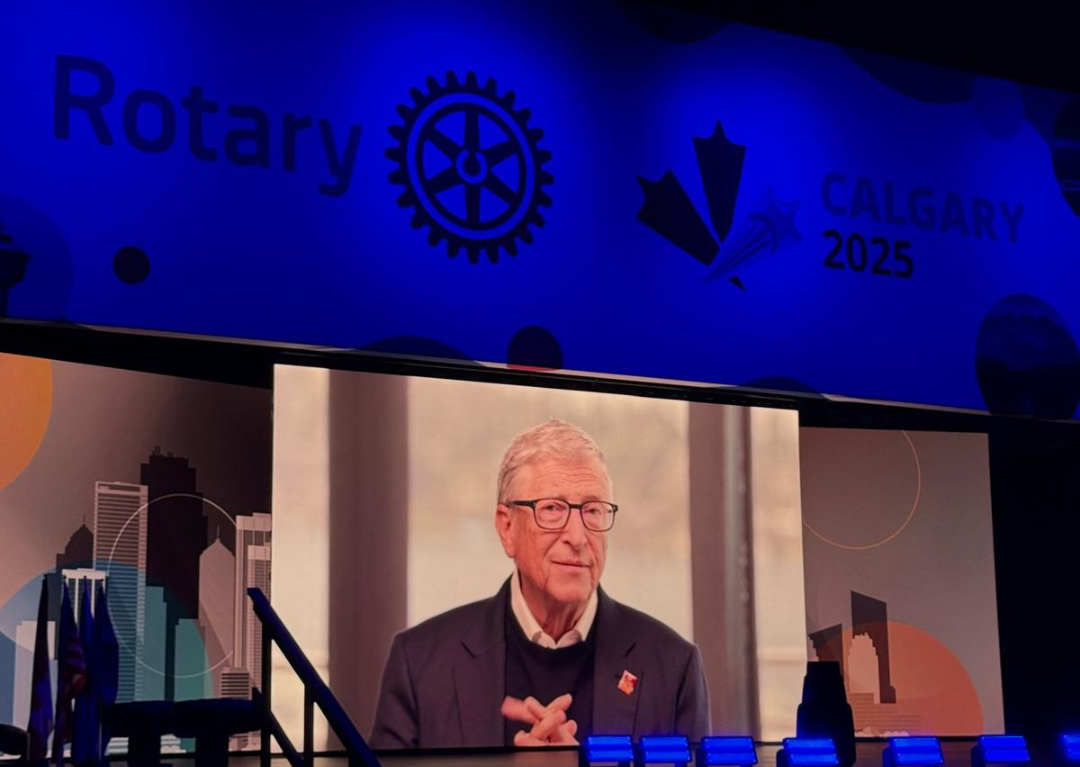
In 2013 the Global Polio Eradication Initiative (GPEI) launched the Polio Eradication and Endgame Strategic Plan, an ambitious plan to reach a polio free world by 2018. The plan garnered support from donor partners, who pledged nearly five billion dollars to achieve the plan.
As the remaining countries and international partners carried out the plan, more than 500 million children a year have been vaccinated, new tactics and strategies have been adopted, and remarkable progress has been made against polio. In 2014, the entire WHO South-East Asia region was certified polio-free after India, once considered the most difficult place in the world to stop polio, marked three years without a case. Nigeria, one of only three remaining countries that has never stopped polio, hasn’t reported a single case of wild poliovirus in nearly a year. Major outbreaks have been controlled in the some of the world’s most dangerous and inaccessible areas.
Two years into the Strategic Plan, GPEI partners and stake holders are taking an in-depth look at progress against the plan and what has been achieved. In spite of successes in key areas, obstacles remain to ending polio once and for all. Conducting the Mid-term Review is a critical opportunity to take steps that will protect progress, overcome challenges and ensure we finish the job. The review has involved wide consultation with stakeholders, and the GPEI oversight bodies, including SAGE and the IMB.
The outcomes of the Mid-term Review are being presented to the Polio Partners Group in Geneva on 12 June. Stakeholders including donors, affected countries and civil society organizations will have a final chance to provide input into the review, before GPEI staff start working on operational plans to implement the recommendations of the review. The final review, together with operational plans and revised cost estimates, will be presented to the Polio Oversight Board in September for decision.
Some early highlights from the Mid-term Review are that that the Strategic Plan remains a strong framework for eradication and that there is a need to strengthen implementation of certain activities and initiate some new tactics. Some of the key recommendations from the review are the importance of strengthening surveillance, improving the quality of campaigns and outbreak response capacity and a placing a renewed focus on reaching every missed child.



